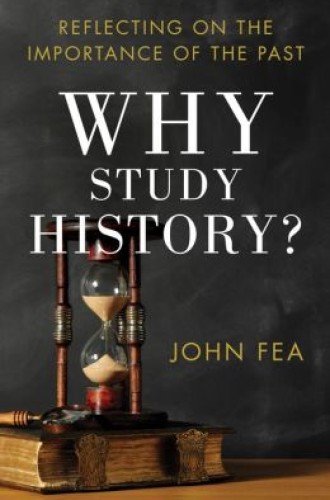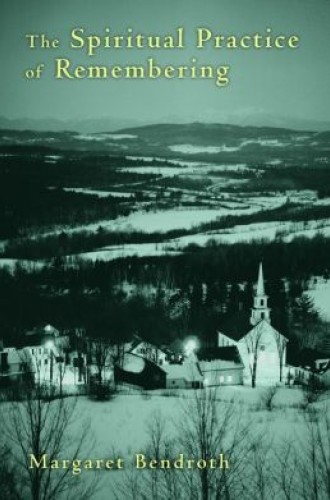The past is now
Americans are ambivalent about the past. They watch the History Channel and episodes of a costume drama like Downton Abbey, and they flock to Civil War battlefields and compile their genealogies on ancestry.com. But they also tend to fall asleep in history class. Americans are enchanted with the past but suspicious of formal attempts to study it.
Christians should love history. Ours is a historical faith, oriented around the life of a man who lived 2,000 years ago. Our scriptures tell of the ancient interactions between God and a chosen people. Even as they point us to a future final consummation of God’s kingdom, they encourage us to tell our children about the wondrous things God has done in the past.
In America, Christians have often discarded much of that past. The “restorationist” Christians of the early 19th century rejected denominationalism. They thought that Christians could dispense with centuries of history and return to the purity of the early church. And Americans have often been suspicious of inherited wisdom. In 1838, Ralph Waldo Emerson told the graduates of Harvard Divinity School that “the need was never greater of new revelation than now.” Human beings should throw off the shackles of the past and find the divine within, he said. The experiences and ideas of Christians over the past two millennia mattered little.






